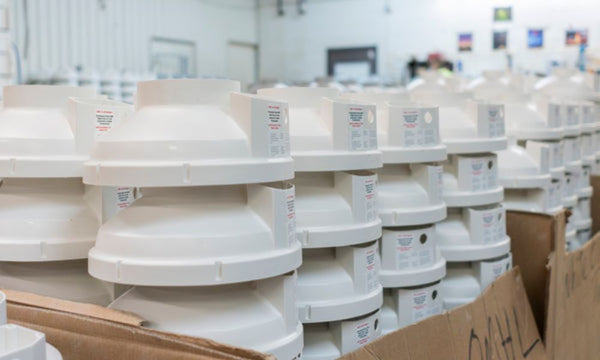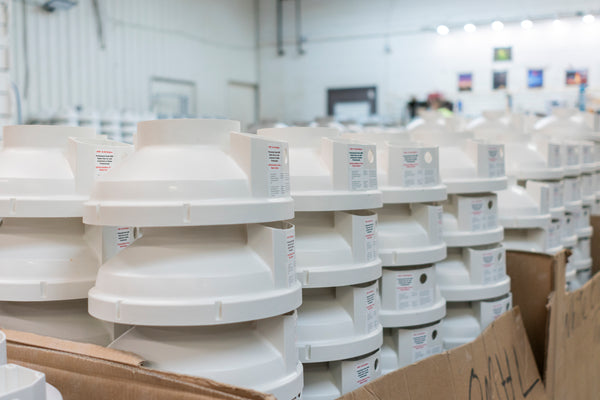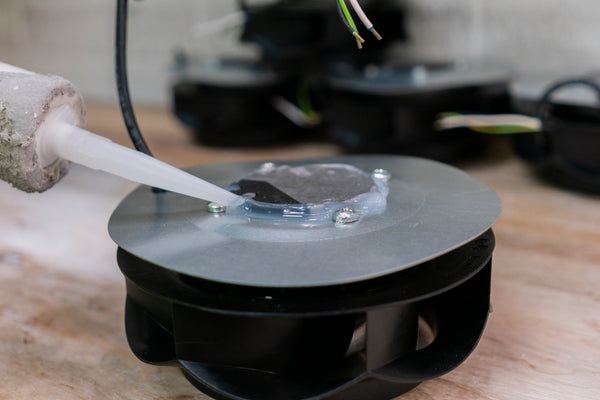
The Most Common Causes of Poor Indoor Air Quality
How’s the air in your home? You may not even know how good or bad it is. Your nose can’t detect every air-quality issue, but that doesn’t mean an issue isn’t present. If you find yourself getting sick often or just feeling unhealthy and out of sorts, here are the most common causes of poor indoor air quality. Sometimes, the issues that cause you to use more tissues are hiding out in the open.
Smoking Products
Let’s get the more obvious air-quality issues out of the way. Your air will never be clear if you or another resident continues to smoke. Even when the smoke clears, cigarettes, cigars, pipes, vape pens, and other forms of smoking tobacco, cannabis, and other products leave behind a chemical cocktail that includes nicotine. Bad air isn’t the only result of smoking. Your walls and furniture will become stained, and no amount of cleaning can get rid of the residue. Quit now, clear the air, and breathe more easily.
Radon
Few people talk about radon, but it’s a more common issue in many households than you might think. And no, you don’t have to live above a uranium mine to experience it. Radon forms as uranium in the soil or water below a domicile decays. It can also be present in some construction materials. The gas rises and enters the home through cracks, building up inside. Particles can enter the lungs and cause lung cancer. Some products and devices, including radon exhaust fans, can aid in dispersing the gas.
Cleaning Products
Cleaning products are one of the most common causes of poor indoor air quality. Keeping a tidy home is important, but some cleaning products may be causing you headaches and worse. Inspect the labels of cleaning products you intend to use, and shy away from ones with unidentifiable names or offensive scents. There are plenty of organic and low-profile cleaning supplies out there that keep things neat, clean, and germ-free. Switch over to them to see (and smell!) the improvement in your home.
Air Fresheners
There’s nothing like the pleasant smell of the great outdoors, a clean breeze, flowers and fruits, and other natural scents. That’s why you should rely more on actual outdoor air and plants offering these scents rather than chemical simulations in a spray can or on a stick. As great as these products may smell, they can hamper your air quality. Plus, nothing beats the real thing. Use air fresheners sparingly.
Asbestos
Asbestos is a little harder to detect. If you have a home built before 1977, it may contain asbestos in the walls, floor, ceiling tiles, attic, and elsewhere. If you suspect asbestos in your home, hire a professional inspector who can find it and advise a course of action for abating or removing it. It could save your life or the lives of those living under your roof.





